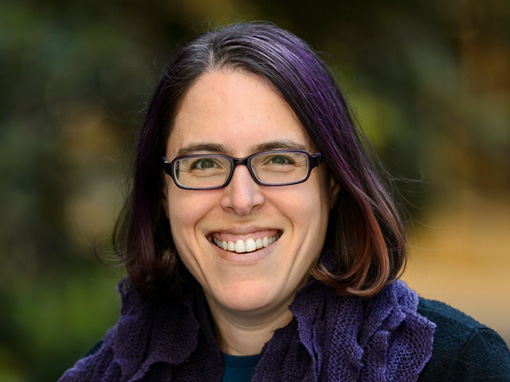It’s Pesach — Passover — the one Jewish festival I’ve been pretty good about observing ever since I had a revelation playing a roleplaying game by Craig Walker (
Passover to me is about refugees now, about abolishing slavery, about human trafficking. This time last year I was at an anarchist (vegan, cross-dressing) Seder (the Passover meal) and this year we were invited to stay in Sydney longer to go to Seder at my aunt’s. We said no — too late notice, have to change plane tickets — but I’m almost wishing we could have gone, since we didn’t have a Seder of our own planned this year.
I don’t know what it would have been like. The family is very different now. I’ve become all nostalgic for the Seders of my childhood all of a sudden: my mother and her sister, my sisters, my cousins — both now in New York, my grandma and grandpa — both now dead. My childhood wasn’t exactly happy and Seders were hardly without stress: the boredom of hours of service before you can eat, my grandfather’s strict adherence to an old Haggadah, my sisters and cousin Vanessa and I all muttering "or her" everytime the old, old book used "him" as a generic and driving my grandfather crazy. The irony of the event at all, given that, as far as I know, not one single person at that table believed in God, yet we all said "If God had freed us from Egypt but not given us the ten commandments, it would have been sufficient, dayenu".
I miss my mother’s charoset, the apple, wine and walnut dish that represents the mortar for the walls the Jews built for Pharoah.
Right now, Harper is the youngest child. By tradition, she would ask the four questions. (Well, no, by tradition, the youngest *boy* would ask the four questions, but I don’t follow that in my Seders anyway). I was talking with Doug a few weeks ago about the irony of this formulaic questioning now, memorised and sung ina foreign language, and then the rote responses and discussions of what the wise Talmudic scholars recommend you should say to the wise child and the slow child. This has all lost its meaning — the children aren’t listening at this point at all, although I was, as a teenager, finally.
One day, I do want Harper to ask these questions, but in her own language and her own words. Perhaps, "why do we only eat this charoset stuff once a year? It’s yummy!" or "why do I have to dip my egg in salt water? It’s weird." And I’ll tell her, "When I was a slave in Egypt…"
May all people who live in servitude anywhere in the world be free this time next year. May all refugees find welcome in a stranger’s land.
EDIT: Telling the Passover story as if it happened to us? This year, the Facebook version.
